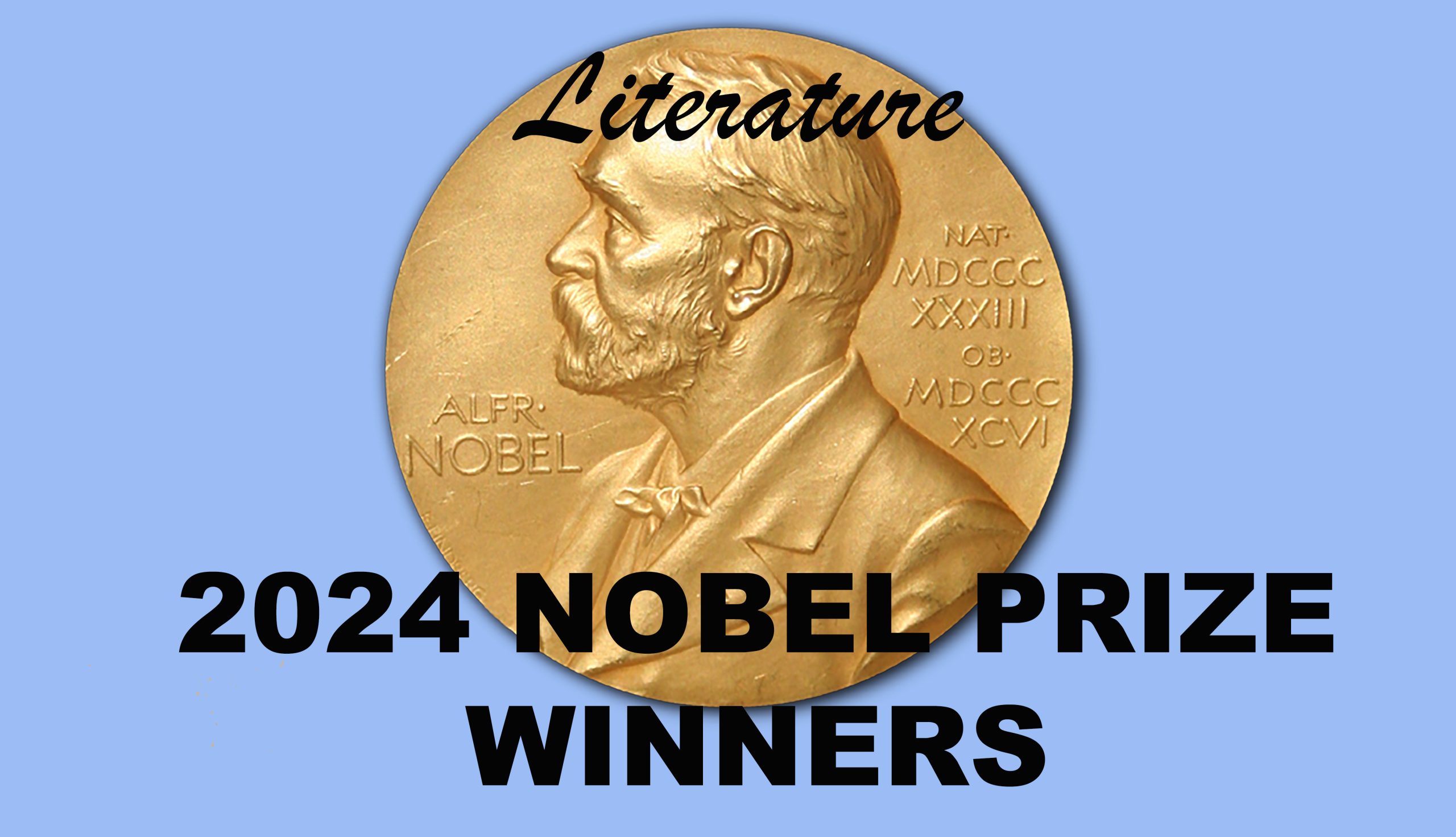This post was originally published on Astrology News Service
Sue Kientz
The 2024 Literature Nobel Prize has been awarded to a single individual, novelist Han Kang, who is the first Nobel Laureate in Literature from South Korea, as well as the first Asian woman so honored.(1) Kang has written a number of works over her two-decade career, most notably The Vegetarian (2007), Human Acts (2014) and the soon to be released We Do Not Part (2025).
Han Kang (born November 27, 1970)(2), lives a quiet life with her son in Seoul, South Korea; they celebrated her award together by having tea.(3) Kang is quite unlike the other scientifically-engaged Nobel Laureates we have seen in the last few articles of this series, and her chart clearly reflects this difference. Kang has Sun (4 Sagittarius) conjunct Neptune (0 Sagittarius), ruler of the imagination and spiritual quests, which both being in Sagittarius, sign of travel and philosophy, suggests she feels engaged in a spiritual journey towards some goal or understanding. Opposite Sun/Neptune is dwarf planet Varuna (1 Gemini), often prominent in charts of writers, storytellers, and liars, as all are versed in how words create a new world. The opposition brings acute awareness, as it’s challenged by squares from dwarf planet Haumea (10 Virgo) and asteroid Pallas (28 Aquarius), representing a need to somehow change or heal the world (Haumea), a goal she pursues with modest devotion (Pallas Athena fought not for victory, but for those whose cause was just). Also notable is her Mercury (20 Sagittarius) sextile Mars (23 Libra) and trine dwarf planet Makemake (15 Leo), a configuration that illuminates the kind of stories and descriptions she most favors – personal, revealing, portraying innocent eroticism (Mars), yet quirky and unusual (Makemake), together creating a haunting realism. She is most interested in the thought, an epiphany she had as a young girl, that everyone else also lives a first-person life.(4) Her Venus Retrograde (10 Scorpio) well represents such a canny idea about relationship, and square Makemake (15 Leo), and opposite Saturn (17 Taurus), this has given her a highly unusual and creative perspective (Makemake) that she effectively transmits in the novel form (Saturn). Deep compassion is another hallmark of her work, represented by her Venus square dwarf planet Gonggong (16 Aquarius), as well as her Mars (23 Libra) trine Gonggong, indicator of great sensitivity and empathy.
How does an introspective and imaginative person such as Kang take in the experience of being awarded a Nobel Prize? Some elements are predictably positive, such as transiting Venus (4 Aquarius) exactly sextile her Sun, and transiting Saturn (13 Pisces) trine her Venus, making her financial picture enriched (Venus) and stabilized (Saturn). Transiting Gonggong (4 Pisces) is square her Sun, has been for years but now passing exactitude, suggesting that a great concern will now lift, some disquiet receding. At the time she accepted the Nobel after traveling to Sweden, transiting Mars (6 Leo) was trine her Sun, the experience doubtless revitalizing. Her Mercury, on the other hand, her unique perspective, is in the spotlight, with transiting Sun (19 Sagittarius) conjunct her Mercury, and Jupiter (15 Gemini), opposite. Saturn and dwarf planet Orcus (17 Virgo) are square the Sun/Jupiter axis, making a Grand Cross of polarities, but for someone like Kang, this may agitate fertile ideas to mind that will bear fruit. Transiting Haumea (2 Scorpio) and Venus both semisquare (45 degrees) her Mercury and could prod her to portray more probing life perspectives in future books. Noting that Jupiter also currently trines her Mars, she may travel physically or imaginatively, given she now has access to a freedom of which most of us only dream.
Two more prizes to go, the especially esteemed Nobel Peace Prize, and the last awarded, for Economic Sciences. These both involve two groups of people working in different ways to improve life at a societal level.
Previously released ANS articles on the 2024 Nobel Prizes winners
Check back for more analysis of this year’s Nobel Laureates, throughout this week.
*Title Image credit: Background: By Photograph, Jonathunder Medal: Erik Lindberg (1873-1966) – Derivative of File: NobelPrize.JPG, PD-US, https://en.wikipedia.org/w/index.php?curid=58432969. Text by the author, with quote from Nobel Prize for Literature announcement (https://www.nobelprize.org/prizes/literature/2024/summary/)
Notes and References
- Rich, M., and C. Sang-Hun, “A Woman Won South Korea’s First Literature Nobel. That Says a Lot.” 11 October 2024, The New York Times, https://www.nytimes.com/2024/10/11/world/asia/han-kang-nobel-south-korea.html
- Kang, Han, 27 November 1970, Gwangju, South Korea, 7 a.m. JST used, https://www.nobelprize.org/prizes/literature/2024/han/facts/
- Rydén, Jenny, “Han Kang Interview, First Reactions,” 10 October 2024, NobelPrize.org, https://www.nobelprize.org/prizes/literature/2024/han/interview/
- Kang, Han, “Nobel Banquet Speech,” 10 December 2024, NobelPrize.org, https://www.nobelprize.org/prizes/literature/2024/han/speech/
Details
Sue Kientz specializes in astrology’s mid-sized planetary bodies, the largest asteroids and massive trans-Neptunian dwarf planets Eris, Makemake, Haumea, and others discovered this century. Her experience researching the latter led to her book More Plutos, which received a 2016 eLit Award. More Plutos also addresses how resonance, fractals, and intuition can explain how astrology works. Sue argues that the dwarf planets are astrology’s great breakthrough, equivalent to what microorganisms did for medicine.
Website: MorePlutos.com
Facebook: www.facebook.com/MorePlutos
Share Our Story
